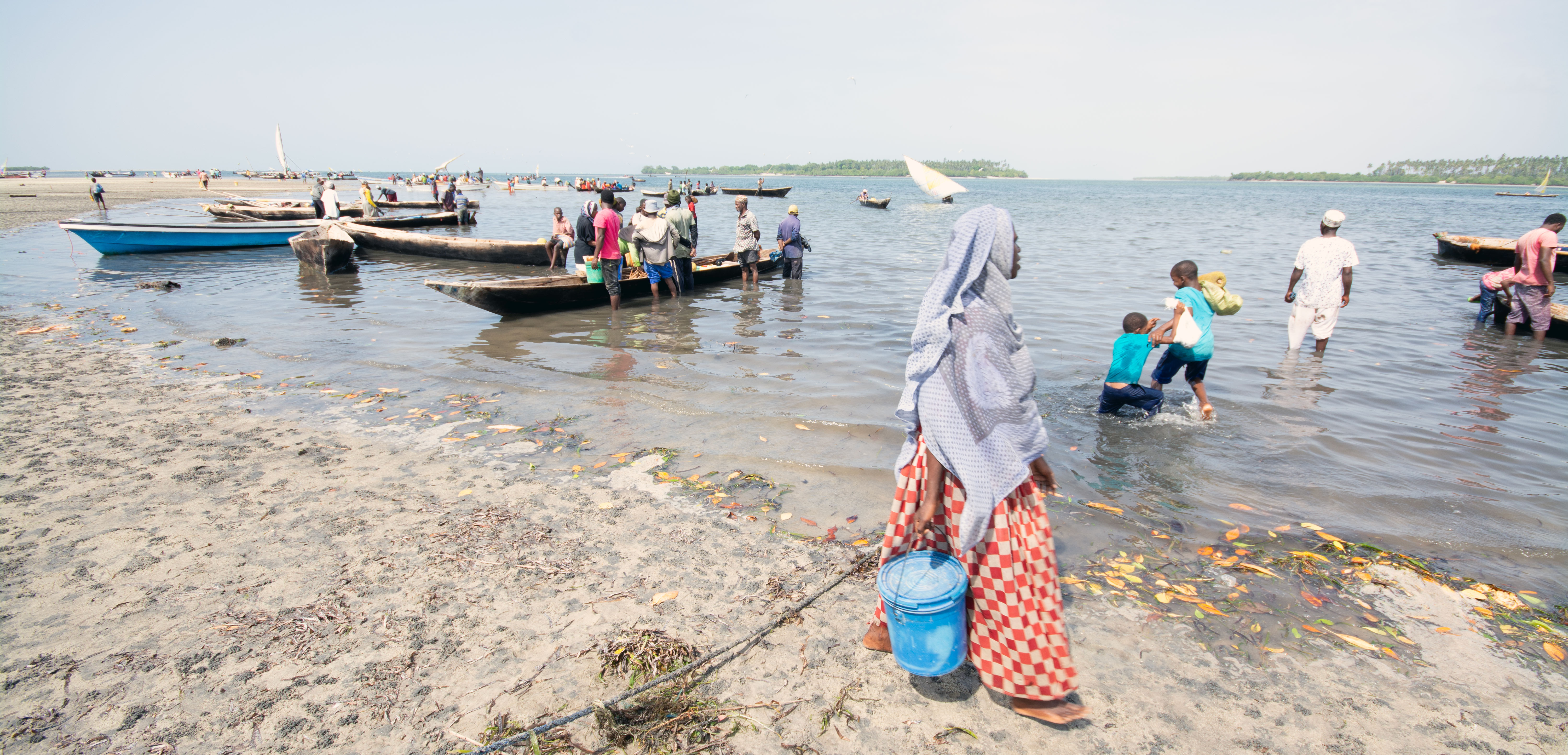Tembea uyaone – You Travel, You See. Engagements with the Giving Us Voice Project

Steve Mfupe
There is a Swahili idiom that says, "Tembea uyaone" as you travel, you see and learn. In November 2024, this saying came to life when my long-held dream of traveling to the “islands of spices,” Unguja and Pemba, finally became a reality. I received life-changing news from Prof. Eligidius Ichumbaki that I had been selected as part of the research team on the Giving us Voice project.
Lead-up to the journey scheduled for January 8th, 2025, our team held several virtual meetings with Dr Christie who introduced us to the project's mission: to document and curate community perspectives along the Indian Ocean, especially those in Unguja, Pemba, and Mafia Islands, on how climate change has impacted their livelihoods.
With a month of anticipation building, the day finally arrived. On the morning of January 18th, we boarded a flight from Mwalimu Nyerere International Airport to Pemba, via Unguja. Upon arrival, we were warmly welcomed by Prof. Mark Horton and Dr. Annalisa Christie, and our Zanzibari collaborators from Zanzibar Heritage Foundation: Mr. Abdallah.
From that day forward, I stepped into my role as a Research Assistant. Our work took us to various fishing villages across Pemba, where we engaged with communities through interviews, seminars, workshops, and we took photographs and videos for a documentary. Those three weeks in Pemba were deeply enriching. Each team member was well informed on how climate change has affected local fisheries, and we began to see the many faces of resilience and adaptation within these communities.
The journey continued in Unguja, where we carried forward our fieldwork, visiting more villages and deepening our understanding. It was here that a new opportunity emerged: each of us began drafting a research article based on our findings. I chose to focus on something often overlooked: The role of customary laws in marine conservation. Drawing on data from the project I am currently writing a paper “Customary Laws in Marine Conservation and Their Compatibility with Current Policies and Laws,”. This will explore how traditional knowledge systems can be harmonized with statutory frameworks. I realized that bridging this gap could reduce conflict between local communities and Marine Protection Area (MPA) officials, and more importantly, enhance climate change adaptation through locally rooted knowledge.
As our time in Zanzibar drew to a close, we returned to Dar es Salaam to focus on transcribing interviews and editing a documentary that captured our journey. Being part of Giving Us Voice has been very productive. I have gained not only skills in humanities research and documentary making but also a deeper appreciation for the lived experiences of those on the frontlines of climate change.
And the story doesn’t end there. The documentary we worked so hard to create will premiere at the Zanzibar International Film Festival (ZIFF) on June 28, 2025.
This journey has taught me that research is not confined to books and papers; it lives in the voices of people, in their stories, and in the places, they call home. Tembea uyaone indeed, I traveled, and I saw.